In January 2022, the Catholic Bishops’ Conference of the Philippines (CBCP) committed to divest its financial assets from banks still supporting fossil fuels by 2025. It is one of the ways the Philippine Catholic community aims to “walk the talk” in terms of addressing the climate crisis, aligned with current global actions and Pope Francis’s messages in the encyclical Laudato Si’ and the Apostolic Exhortation Laudate Deum.
Despite this moral imperative, there remains a lack of significant divestment by Catholic shareholders in several Philippine corporations involved in coal or mining activities. Except for a few dioceses, congregations, and other entities, the trend continues for the financial assets of this sector being in these corporations that help enable their operations that cause ecological harms and injustices.
‘Walk the talk’
The process of divestment and subsequent reinvestment is considered as part of just energy transition and sustainable development. For the CBCP, it is an impactful way to signal to the Philippines and the world that it calls for the beginning of the end of the era of fossil fuels, especially coming off a landmark decision at the Dubai climate negotiations last year.
The Catholic community has provided critical leadership within the divestment movement in the Philippines. Its leaders and allies have delivered interventions in annual shareholder meetings, lobbied for coal divestment by Philippine banks, and advocated for more sustainable financing, aligned with the imperative of upholding ecological justice. These efforts have contributed to the pronounced coal divestment of banks such as BPI, RCBC, and Security Bank.
Nonetheless, the divest-invest process is a complex one that would take years to complete. While the policy environment on sustainable finance is steadily improving in the country, there are still many factors that are hindering the shift of financing from fossil fuels to renewable energy and other more sustainable ventures.
Among these is the prioritization of the current administration for the expansion of gas, yet another fossil fuel, and nuclear power, which comes with higher risks than other alternative energy sources. This is not to mention coal, mining, and other unsustainable businesses that are still prevalent in the country, despite the threat of the climate crisis and the cases of ecological degradation and social injustices associated with them in the past few decades.
Yet this situation should not dissuade the Catholic community from divesting from ecologically harmful practices. With less than two years to fulfill its self-imposed target, there are several steps that the CBCP, with support from its partners, can take to achieve fossil fuel divestment.
‘Knowledge is power’
Catholic leaders in the Philippines must partner with sustainable investment and finance firms, and foreign faith-based organizations that have already divested to build their capacities for divest-invest. With a growing list of divesting institutions worldwide, there is a wealth of knowledge and expertise that they can tap into to develop more sustainable portfolios.
Such efforts may include setting targets and timelines to ensure ecologically sound decision-making, without compromising their ability to serve their respective constituencies. The recently released Mensuram Bonam can also serve as a guide to accomplish the development of more sustainable portfolios and faith-consistent investing.
They must also be aware of the shifting tactics of fossil fuel industries, from financial arguments to political lobbying; this was evident in the last two climate negotiations and even at the Philippine level. While calls refuting the financer’s unwillingness to divest based on financial reasons remain important, they must now be aware and capacitated to engage in dialogues with governments to avoid prolonging the country’s addiction to fossil fuels.
This knowledge pool can be enhanced through the completion of a nationwide stocktaking of Laudato Si’-aligned practices within Catholic dioceses and congregations. This is aligned with its January 2022 Pastoral Letter on Climate Emergency and its July 2019 Pastoral Letter on Ecology, which would help inform decision-makers on addressing the gaps and strengthening current gains on divest-invest. It would also contribute to a stronger mobilization of resources for the community to advocate for the necessary reforms to enable a more sustainable financing environment in the country.
The CBCP should also lead in strengthening engagements with Catholic stockholders in several corporations supporting coal and mining in the nation. It should communicate with these stockholders to pressure these corporations, through their Board of Directors and/or sustainability units, to make more ecologically sound decisions and remind them of their fiduciary duties.
Catholic leaders can also put more pressure on banks and corporations by engaging their constituencies, including those without shares, to stop supporting their products and activities that encourage destructive extraction and overexploitation of resources. Some of these actions also serve to make the divestment issue more relatable to more people. These include empowering communities to avoid single-use plastics, have more energy-efficient products and services, and use public and non-motorized modes of transportation.
The goal of the CBCP to fully divest from banks supporting fossil fuels by 2025 is still well within reach. But it has to be fully invested in the necessary steps to achieve it.
John Leo is the National Coordinator of Aksyon Klima Pilipinas and the Deputy Executive Director for Programs and Campaigns of Living Laudato Si’ Philippines. He is also a member of the Youth Advisory Group for Environmental and Climate Justice under the UNDP in Asia and the Pacific.

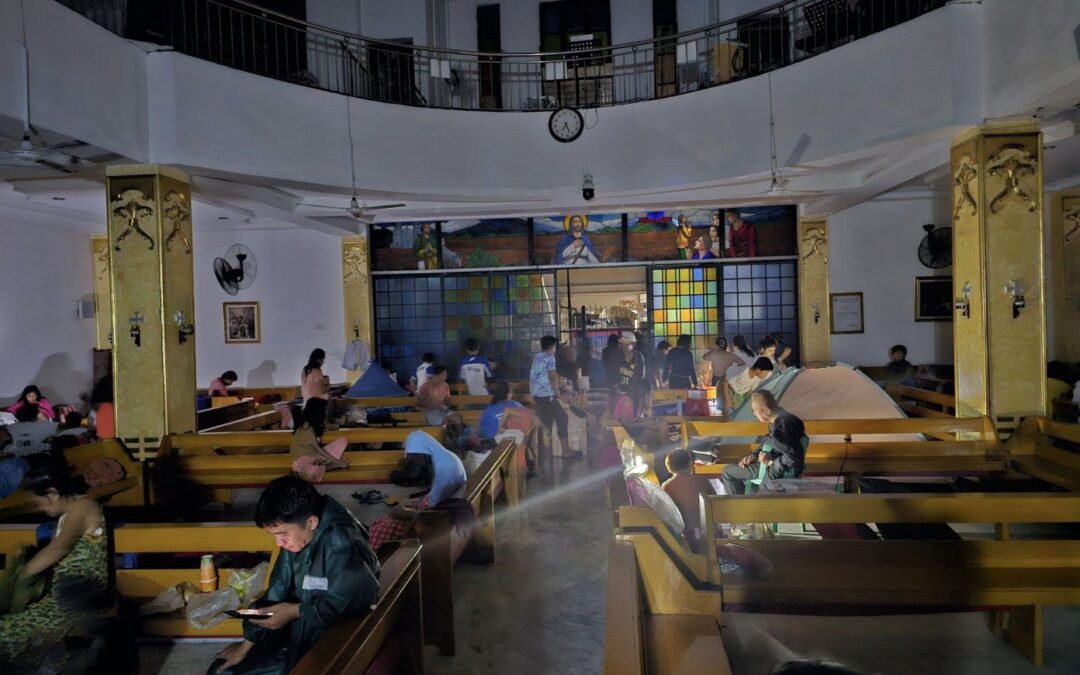
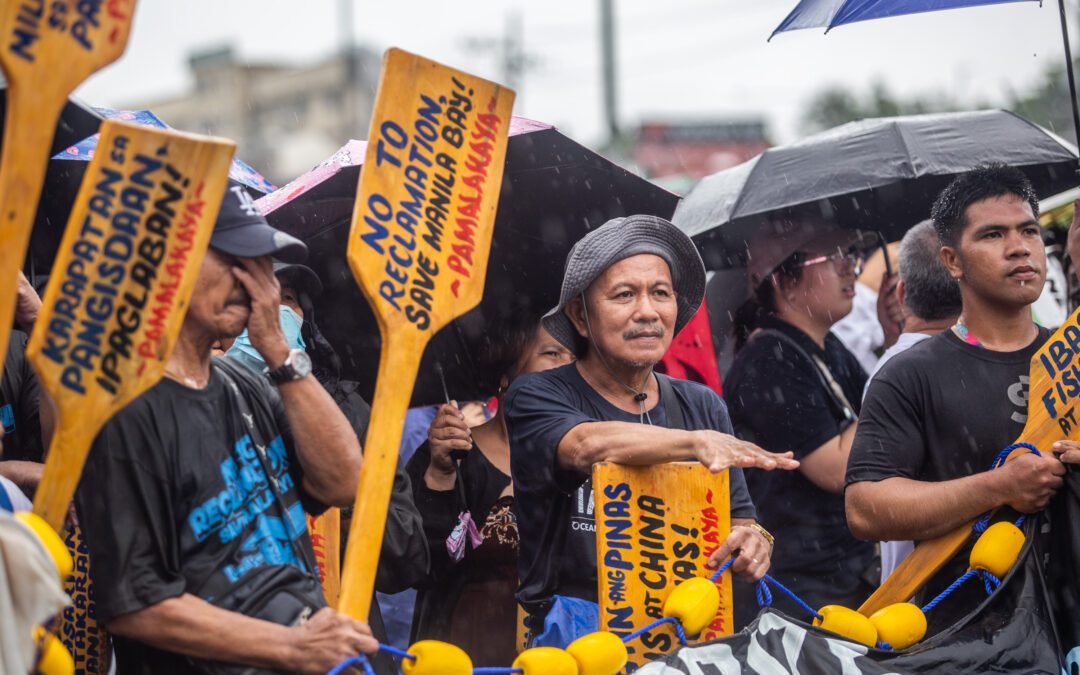
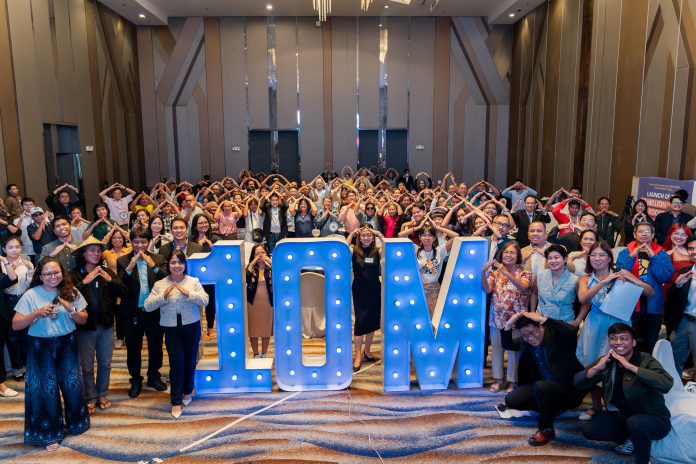
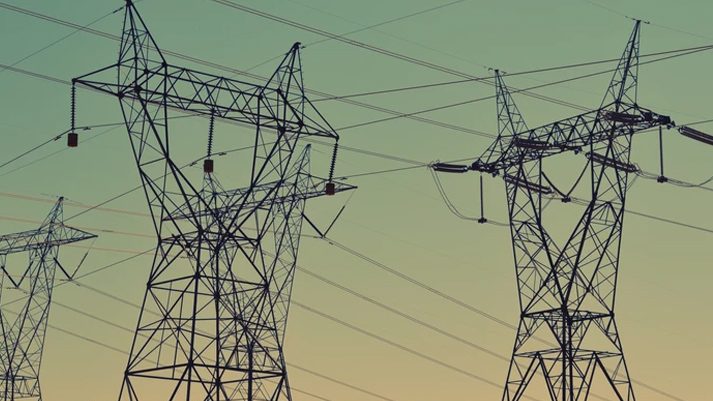
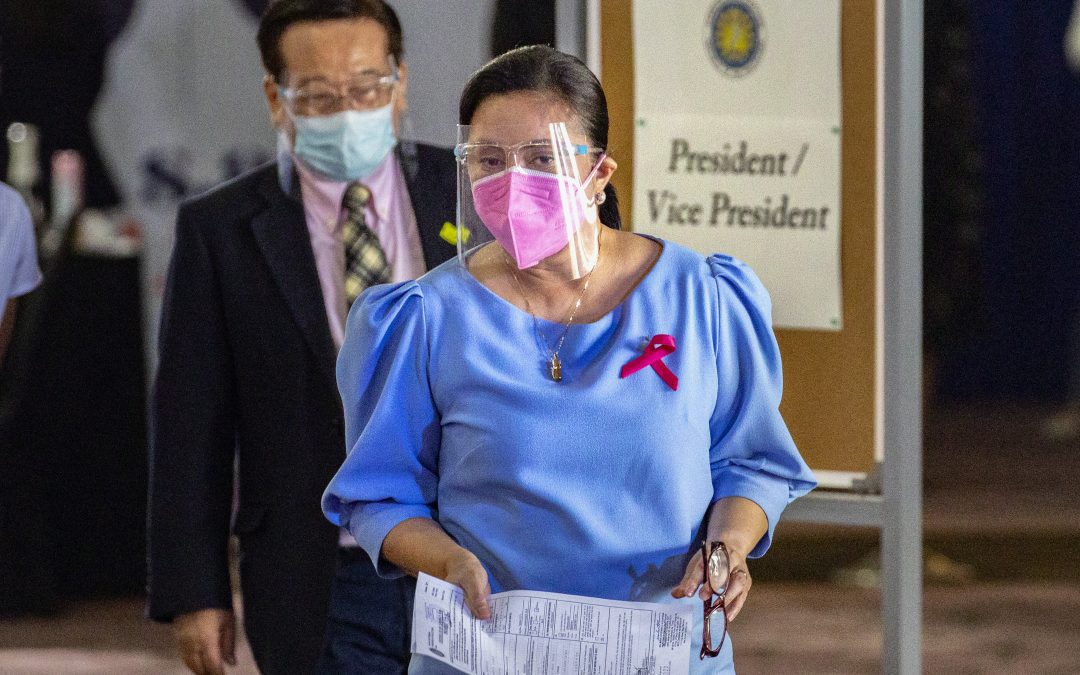
0 Comments